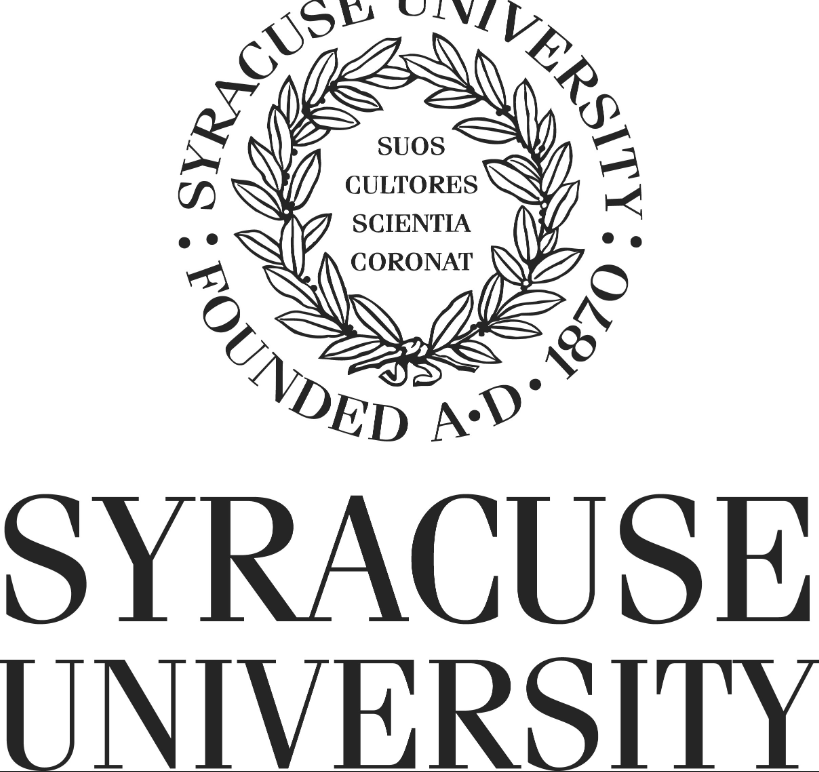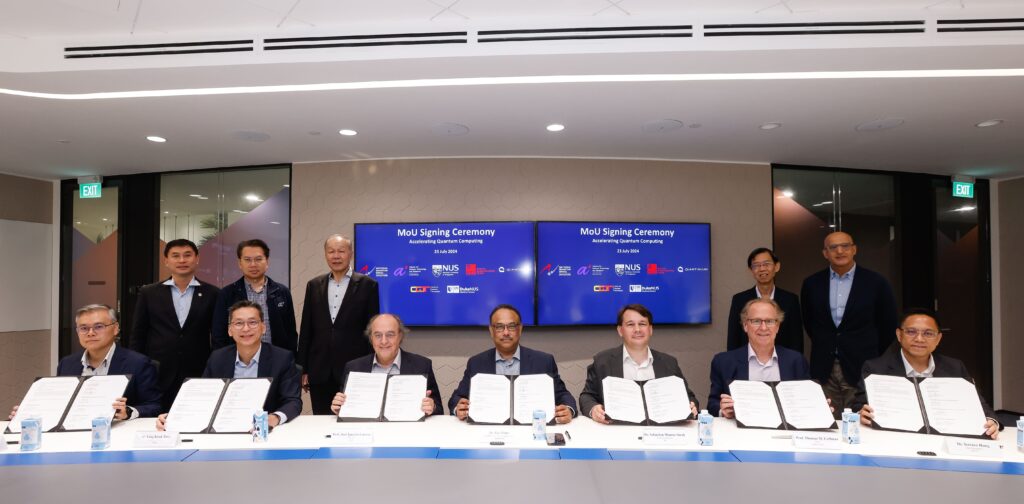Insider Brief
- University of Pittsburgh Swanson School of Engineering researchers received a $450,000 grant from the Air Force Research Laboratory to develop a quantum-inspired computing program to study turbulence.
- The researchers will investigate whether quantum-inspired computing program can outperform those currently available for simulating and analyzing turbulent and reactive flows.
- Studying dynamic turbulent flows are a complex computational problem, one that might be suited for quantum-inspired solutions.
PRESS RELEASE — Current classical computing strategies need an upgrade to provide academic and industry experts with the proper tools to predict phenomena that impacts daily life.
Researchers at the University of Pittsburgh Swanson School of Engineering received a $450,000 grant from the Air Force Research Laboratory to develop a quantum-inspired computing program that can outperform those available for simulating and analyzing turbulent and reactive flows.
“Several problems in many areas are highly intricate and require a vast amount of computational power,” Juan José Mendoza Arenas, an incoming professor of quantum computing at Pitt and co-principal investigator, explained. “Not only is a huge amount of memory needed to store the data, but we also must find efficient ways to manipulate it.”
The dynamics of turbulent flows are a prime example of this conundrum.

Patterns of swirling regions of fluid, called eddies, create turbulence; these eddies of varying sizes constantly change in space and time and interact with each other as they evolve. Because of these complexities, traditional computing methods struggle to account for both the large and small eddies needed for accurate simulations.
The ability to evaluate the physics behind turbulent flows is necessary to understand related processes; combustion chemical reactions, for example, commonly emerge in turbulent flows and are essential for maximum engine efficiency of any vehicle from cars and planes to rockets. Quantum computing provides a less expensive and intensive method than standard computing to calculate these multidimensional problems.
The proposed project from Pitt researchers relies on Tensor Network Theory (TNT). This approach encompasses a class of variational wave functions that describe the properties of several quantum systems of many interacting bodies, which experience a similar computational complexity.
“TNT is a well-established family of computational methods for studying a wide range of models of seminal importance in materials science,” Mendoza Arenas said. “We’ve seen success with TNT in areas like quantum optics, quantum chemistry, high energies and machine learning. Recently, they have been extended for solving partial differential equations.”
Notably, Hessam Babaee and Peyman Givi, mechanical engineering and materials science professors at the Swanson School, demonstrated that TNT can successfully simulate turbulence in incompressible fluids. This type of program will not only benefit academic research on different types of turbulence dynamics, but also the automotive, petroleum, power generation, and aerospace industries.
“Now, we expect to go beyond, incorporating compressible fluids and combustion chemical reactions,” Mendoza Arenas said. “Furthermore, since TNT is a powerful tool for quantum computing programming, our future research will provide a route to simulate turbulent flows in quantum computing devices.”
Source: EurekAlert
For more market insights, check out our latest quantum computing news here.



















